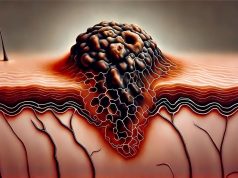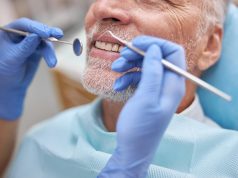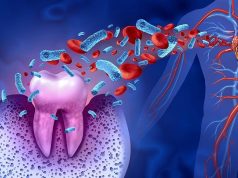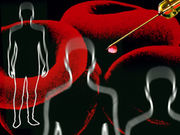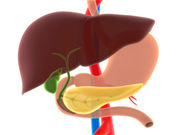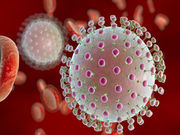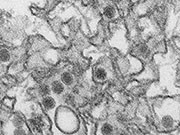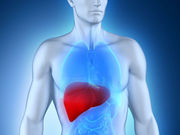Microbiome Linked to Infectious Complications in AML
Gastrointestinal microbiome diversity linked to infections for patients undergoing induction chemo
Regular Aspirin Use May Protect Against Bile Duct Cancer
People who took it regularly were three times less likely to develop the disease
CDC Establishes New ‘Clean Hands Count’ Campaign
Campaign urges health care professionals and patients and loved ones to keep hands clean
Substantial Aggregate Costs of Care for Cervical Cancer
Advanced age, stage at diagnosis, comorbidities predict greater costs in most care phases
Climate Change May Lead to Higher Prevalence of CKD
Rising temperatures, less rain contributing to the growing epidemic of heat stress nephropathy
New Evidence of Link Between Zika and Guillain-Barré
Sharp increase in the number of people in Brazil with Guillain-Barré since the Zika outbreak began
Portable, Rapid, Low-Cost Zika Test Shows Promise in Monkeys
Easy-to-use screening would benefit doctors working miles from hospital
Fluconazole Use May Raise Risk of Certain Birth Defects
Study shows increased odds of cleft lip with cleft palate, d-transposition of the great arteries
CDC: Hepatitis C Leads Infectious Disease Mortality in U.S.
CDC notes that nearly 20,000 Americans died in 2014 from hepatitis C infection
No Link for Tea, Coffee Intake With Barrett’s Esophagus
Associations seen in univariate analysis, but no correlation after adjustment for confounders




